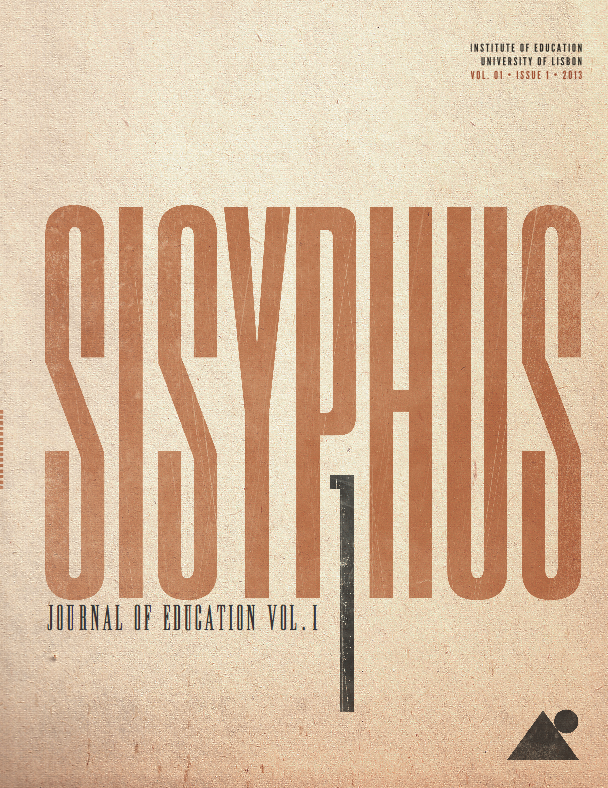The Interfacing Approach for Investigation Beyond Boundaries
DOI:
https://doi.org/10.25749/sis.2831Palabras clave:
Integrated studies, Interface/ interfacing, Travelling concepts, Complex SystemsResumen
My essay will tackle with the following issues:
1 – The urgent need of integrated studies for understanding the complexity of our current culture environment We are aware that science and humanities are no longer two separate spheres of knowledge but two complementary and integrated ambits. Science has to take into accounts epistemological and ethical issues, humanities need to face and be aware of scientific developments and new conceptualisations.
2 – The concept of «interface» that has been the working hypothesis of the European project Acume2 Interfacing Science and Humanities. We have started by questioning the very idea of ‘influence’ (or ‘mutual influences’) in favour of a more dynamic idea of ‘interfacing’. Therefore, a fundamental point of departure is to acknowledge the isomorphism of the two fields, recalling that they have often developed new models and strategies of investigation into complex scientific and cultural (artistic, literary) phenomena at the same time, simultaneously responding to their own actuality and societal matrices.
3 – I will present the methodology and the scientific results of two cases studies carried on by scientists and humanists on: Memory and on Bio-complexity.
Descargas
Descargas
Número
Sección
Licencia
Copyright (c) es propiedad de Sisyphus – Journal of Education. Sin embargo, alentamos que los artículos publicados en la revista se publiquen en otro lugar, siempre que se solicite el permiso de Sisyphus y los autores incorporen nuestra cita original y un enlace a nuestra página web.
Política de Autoarchivo
Los autores pueden autoarchivar la versión final publicada de sus artículos en repositorios institucionales, temáticos o páginas web personales e institucionales.
Suscriptor de DORA
El Instituto de Educação de la Universidade de Lisboa, editor de Sisyphus, es uno de los suscriptores de la Declaración de San Francisco sobre la Evaluación de la Investigación (DORA).





